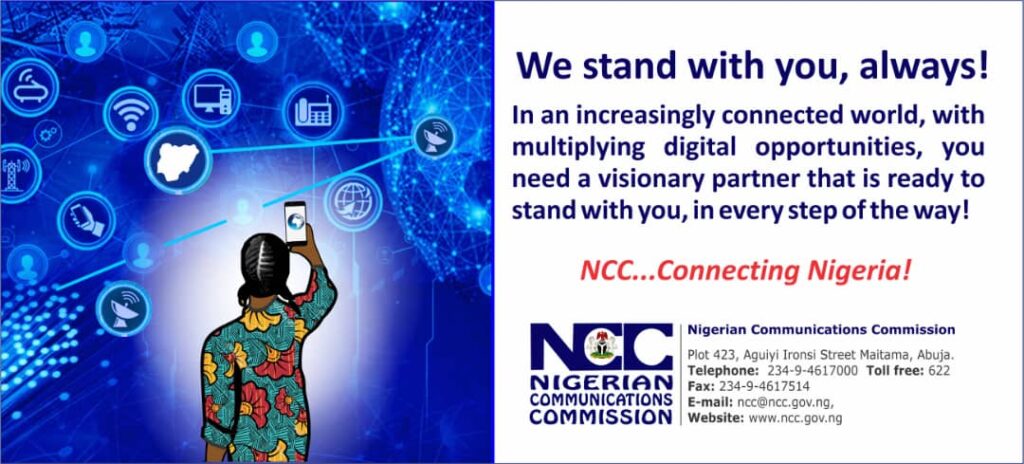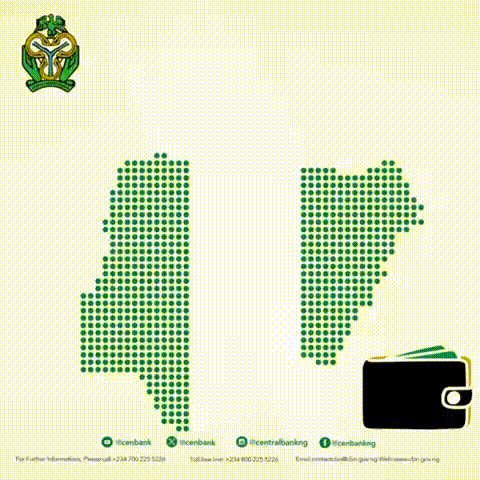
NCC to Simplify Data Usage Tracking as Data Depletion Tops Consumer Complaints
The Nigerian Communications Commission (NCC) has announced plans to simplify data usage tracking for telecom consumers to address ongoing concerns about data depletion and billing issues.
This initiative was unveiled at the 93rd edition of the Telecom Consumer Parliament (TCP) held on Thursday in Abuja, themed: “Optimising Data Experience: Empowering Consumers Through Awareness and Transparency in a Consumer-Centric Telecom Industry.”
Addressing Consumer Concerns
Dr. Aminu Maida, the NCC’s Executive Vice Chairman, acknowledged that data depletion and billing complexities remain the most frequent complaints from consumers.
“Earlier this year, we analyzed consumer feedback and directed Mobile Network Operators (MNOs) and Internet Service Providers (ISPs) to audit their billing systems. While no significant issues were found, consumer perceptions persist, largely due to high-resolution devices and the complexity of operator tariffs,” Maida said.
To address these concerns, the NCC issued a Guidance on Tariff Simplification, mandating telecom operators to provide clear and accessible information on data plans, pricing, and associated terms. Operators will soon implement these guidelines, presenting consumers with simplified tariff tables and transparent billing rates.
Collaboration Across the Telecom Value Chain
Dr. Maida emphasized the need for a collaborative approach involving stakeholders such as Tower Companies (TowerCos) and backhaul service providers.
“Quality service delivery is not solely the responsibility of MNOs. It requires collaboration across the value chain, including power and shared infrastructure providers. The NCC has revised its guidelines to hold every player accountable for service quality,” he stated.
Industry Stakeholders Respond
Gbenga Adabayo, President of the Association of Licensed Telecom Operators of Nigeria (ALTON), applauded the NCC’s efforts to improve transparency, noting that simplified tariffs would empower consumers to make better-informed decisions.
“Data depletion is often caused by smart devices running background processes without the consumer’s knowledge. Transparency in data usage and tariffs will help rebuild trust with consumers,” Adabayo said.
Carl Cruz, Chief Executive Officer of Airtel Nigeria, highlighted the capital-intensive nature of the telecom industry and stressed the importance of continued investment to improve service delivery. He also called for government intervention in resolving financial challenges faced by operators, including unpaid debts.
Obafemi Banigbe, CEO of 9mobile, echoed similar concerns, pointing out that many challenges stem from power failures and cable cuts. He urged operators to share detailed insights with consumers to help them understand their data consumption better.
Empowering Consumers
Dr. Olawande Wumi, a representative of the Consumer Advocacy Group, emphasized the importance of consumer awareness, particularly at the grassroots level.
“Educating consumers about their rights and obligations is essential for building a more consumer-centric telecom industry,” Wumi stated.
Building Trust Through Transparency
The NCC reiterated its commitment to fostering trust between telecom operators and consumers through open communication about data usage and service quality.
“Transparency is the bedrock of trust. Through consistent efforts, we aim to rebuild and sustain consumer confidence,” Maida concluded.
As the telecom sector continues to grow, the NCC’s initiatives are expected to bridge gaps in service delivery and enhance the overall consumer experience, laying a solid foundation for Nigeria’s digital economy.







